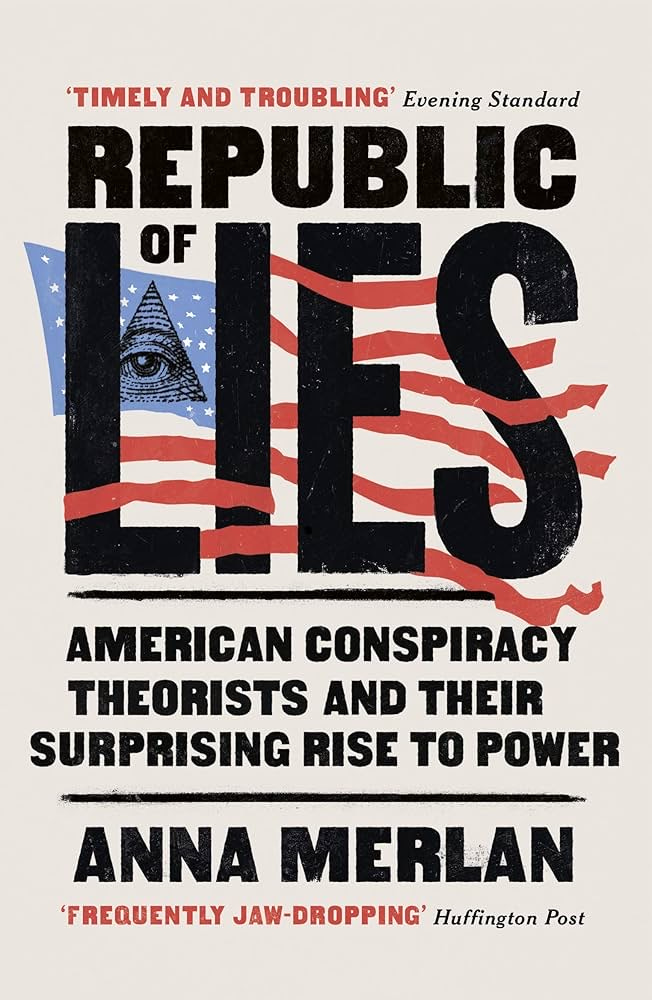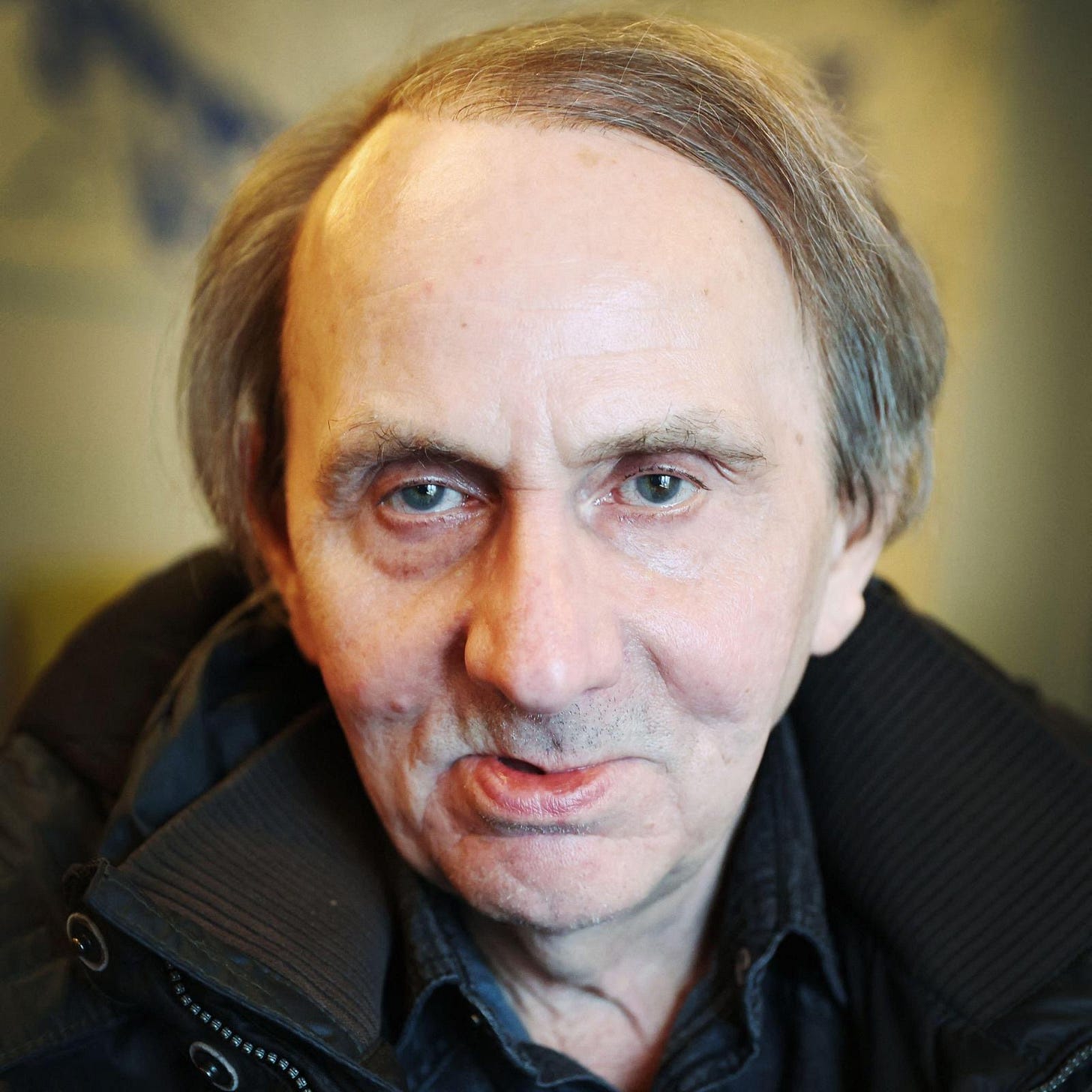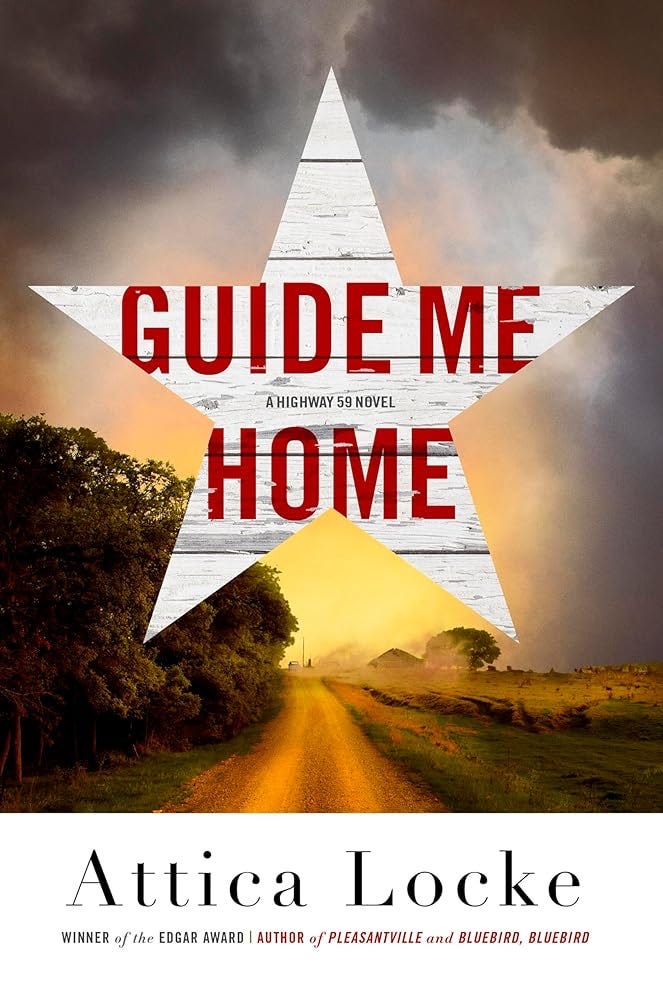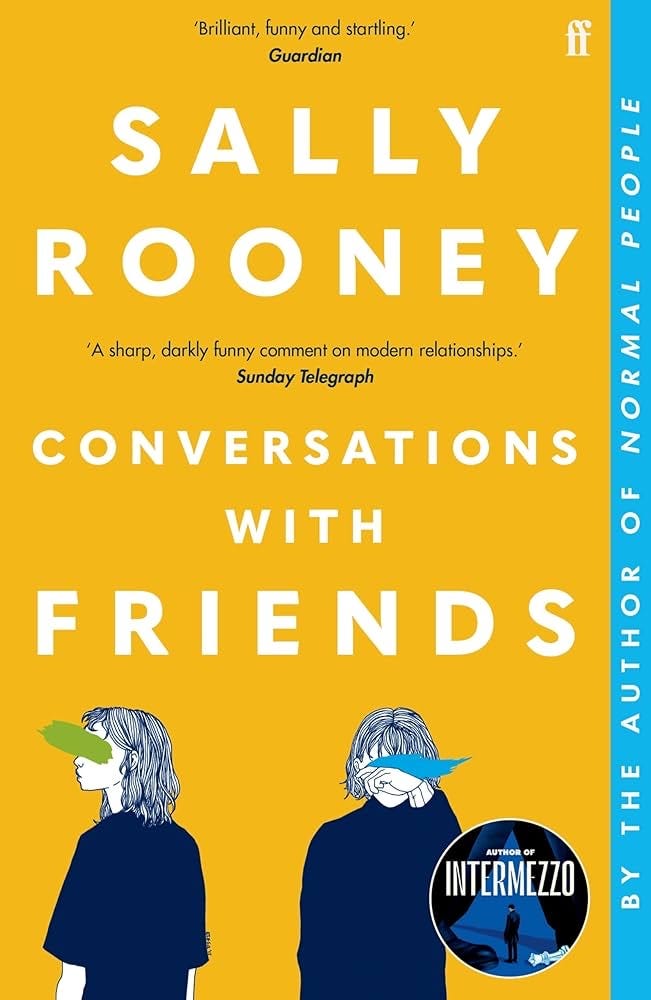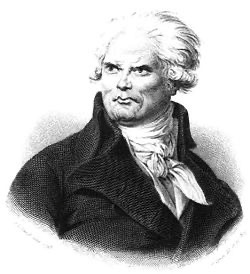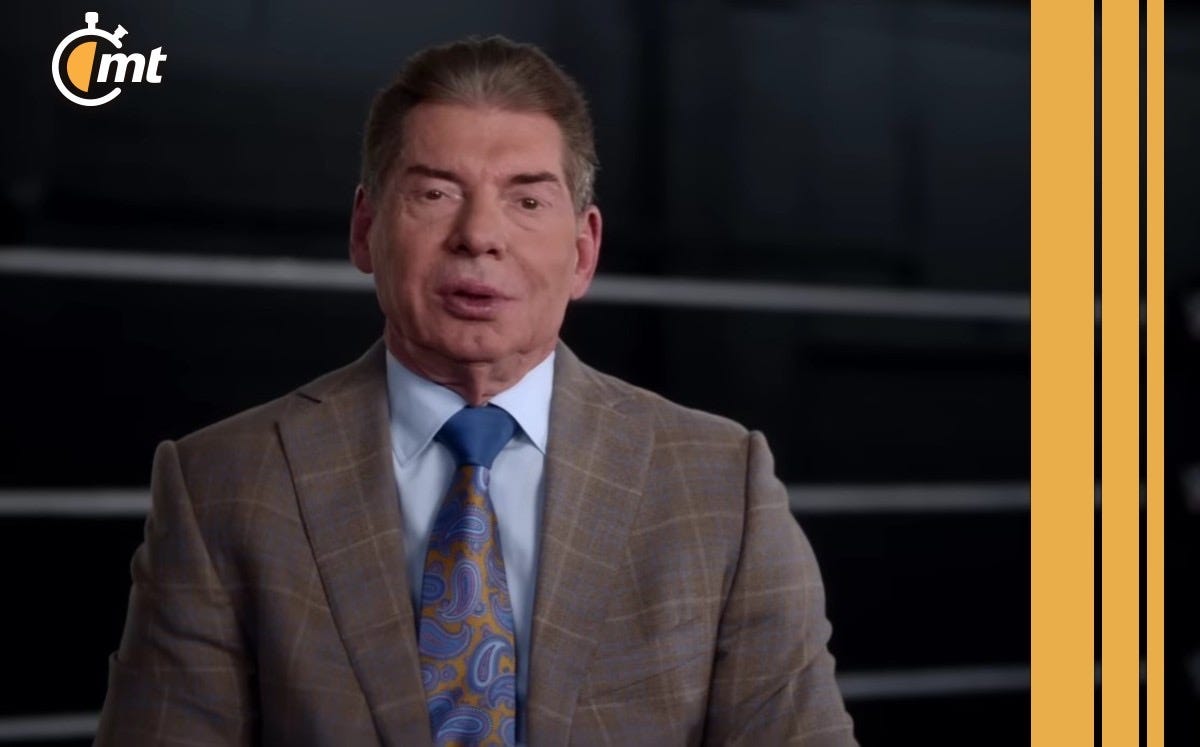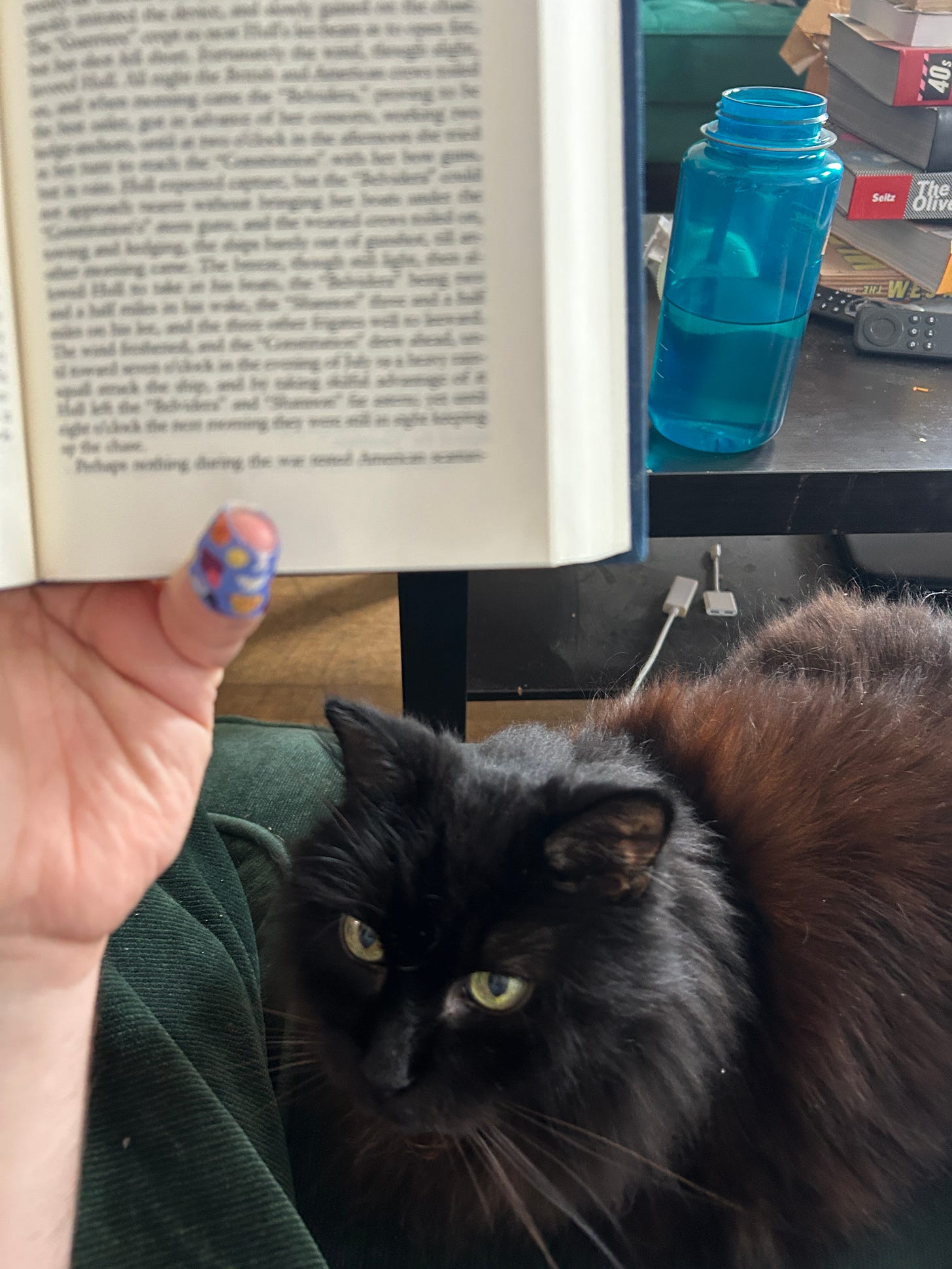2025 reading part 3
Here’s more of the stuff I read this year!
Anna Merlan, Republic of Lies: American Conspiracy Theorists and Their Surprising Rise to Power (2019) - A respectable once-over of how conspiracy theory has always been popular in American culture, arguing that conspiracy theory has the power it does now because of the crappy, radically unequal society in which we live. Not much new here for me but I do likely spend too much time with this stuff. ****
Michel Houellebecq, Annihilation (2022) - Late-era Houellebecq is always a snooze at this point. Elementary Particles and even The Possibility of an Island were a long time ago. Blah blah, life is pointless, blah blah, big social change that scares chuds described as both eerie but oddly banal. There's little of interest here anymore, which sucks, because when he was good, he was good, even if also offensive etc. **'
Attica Locke, Guide Me Home (2024) - The last volume in a trilogy of crime novels about Texas Ranger Darren Mathews, set in contemporary East Texas. I heartily recommend the trilogy as a whole for anyone who likes a good contemporary crime story. Locke delivers the goods- interesting investigations, steadily escalating tensions, good action scenes, and a strong sense of a unique place. It also has "relevance," which can really cut both ways in contemporary novels. Mathews is Black, from many generations of Black east Texans, fighting crime (but not always on the right side of the law) in Trumpian Texas. Are the insights searing? Unlikely, to most people reading this... but the context does add to the general gestalt more than it takes. *****
Gary Indiana, Three Month Fever (1999) - This is the second in Indiana's end-of-century crime trilogy, which began with Resentment, which was one of the best books I've read this year. Three Month Fever is about the life and crimes of Andrew Cunanan. Cunanan was a spree killer whose best-known victim was Gianni Versace. They made an "American Crime Story" season about it- I saw about half of it, it seemed fine (and disturbing) but I never got around to finishing it. Indiana uses Cunanan life and the many stories he told about himself (much of which were made up) as a vehicle for a panoramic tour of fin de siècle life, especially in the gay scenes in which Cunanan traveled. He depicts Cunanan as being a creature of appearances, with little at the core except a bottomless need for approval and luxury... which, more or less, mirrored the society in which he lived. If he were a little smarter, or a little more in control -- didn't lie so often and so ludicrously, didn't steal so much, didn’t otherwise push people as compulsively as he did — he likely could have found something to do with himself other than go out in a murderous spree, he likely could have even been “a success.” Of course, that was not the man Cunanan was: he did lie, steal, burn down the many bridges extended to him and, in the end, kill. “Success” for him was a chimera because what, possibly, could be enough if you have that kind of need? And it’s not just Cunanan, or just murderers, or even just liars. We live in a society organized around never-ending want and need, Indiana tells us- if there’s something distinctive about the gay scene that helped create a Cunanan, it’s that gay men are often leading indicators in certain areas of American culture. But we all live in Cunanan’s world. Indiana never lets him off the hook, but never lets us off it, either. ****’
Sally Rooney, Conversations With Friends (2017) - This is Rooney's first novel. It's about two college girls in Dublin with artistic ambitions and (realistically) unrealistic ideas of their own real experience. What I mean is, they get involved with an older (30s-40s) married couple that's well established in the arts and culture scene, think they can deal with the infidelities and games involved, and can't, at least to the extent that really, who actually deals with life's situations with aplomb? I like Rooney as far as contemporary literary writers go. Unlike a staggeringly high proportion of our purported major writers, she appears to have had conversations with humans and can recall what they talk like, and relate it on the page! She even bids fair to be as smart as she gives the impression she thinks she is! Which, given how many of her books seem to be about how our concept of "smart" -- especially in the British Isles context, where the meaning is conflated with "looking smart, tidy," -- is often maladaptive, takes us into some self-reflexive territory. I guess what I mean is, Rooney doesn’t insult our intelligence, assail our eyes/ears with bad prose, or or bore us to tears, and that might be enough to place her head and shoulders over most of our peers. ****’
Hilary Mantel, A Place of Greater Safety (1992) - I'm a big fan of Mantel's historical novel "Wolf Hall," her novel about Thomas Cromwell, Henry VIII's fixer, and its (first) sequel. So, I was eager to read this, another historical political novel by Mantel, in this instance set in the French Revolution. Alas, this one more closely resembles the third book in the trilogy that "Wolf Hall" began- overstuffed, trying to do far too much at once, way too long. Even with all that, the setting, the characters — Danton, Robespierre, Desmoulins — and Mantel's propulsive prose make it a decent ride much of the time. ***'
Abraham Josephine Riesman, Ringmaster: Vince McMahon and the Unmaking of America (2023) - This was cool, and a lot of fun. Vince McMahon! What a piece of shit! The publishing (and online content) worlds are awash in takes that point the finger at this or that person, place, or thing who supposedly explains our current situation. Josie Riesman does a lot better than most in making the case that the wrestling mogul deserves to be seen as a Main Character of America becoming what it has become. It helps that McMahon’s story is genuinely fascinating and horrifying, “possessing all the gigantism and confusion of barbarian cosmologies,” as the man put it, but closer to the mythologies of a royal house than real cosmology (unless we decide pro wrestling made the cosmos, which I’m sure some fans would argue it did).
I can’t do justice to even a gloss of the story here — read Riesman for that — but to me, the core of the book, and the argument that McMahon is worth knowing about as anything other than a grotesque, is the concept of “neo-kayfabe.” Kayfabe was the old convention, from back when wrestling was a subculture of carnie types, that no one involved in making pro wrestling say or do anything to give away the fact that their show wasn’t a genuine athletic competition, and that the various plot lines were scripted. McMahon broke kayfabe, making wrestling’s irreality a matter of public, legal record (done to avoid regulation, of course), but he replaced it with neokayfabe. In neokayfabe, you start with the assumption that much of what you’re seeing is a lie- but not all of it, and that you can use the lies to decode and interpret the truth. Sound familiar?
The most illustrative example is how McMahon made himself into a character in his own shows- as Mr. McMahon, the scheming, manipulative boss, i.e., his actual self, but in the context of a wrestling show. Riesman shows us how McMahon’s whole life, from being the abandoned bastard of an old regional wrestling promoter to becoming a big wheel in GOP politics, prepared him to create neokayfabe. He lived the murk of lies and half-truths, organized by displays of power, domination and submission, before he learned to work the murk to his advantage (quite young), and along with his old friend Donald Trump (along with Epstein, McMahon might be Trump’s only real friend, and Trump might be McMahon’s), foisted it on the rest of us.
Sometimes, Riesman gets too far into the weeds of what happened in the ring for my taste. I get that part of the story she tells is how the ring and the world became conflated- but her enthusiasm for the former sometimes overcomes her interest in the latter. It doesn’t help, I’m sure, that I might be the last of the old tribe of intellectuals who don’t care for wrestling- yes, yes, performance art, yes, unique American art form, yes, they are incredible athletes even if they’re not exactly competing, yes all prizefighting is a performance to some extent, I know, but I’m sorry, pro wrestling bores me. But this book didn’t! This book is great. ****’
Anyway! I’m doing some life changes, but I’ll do more of these when I have time. Mithra Award season is also coming up! Their namesake is thrilled

